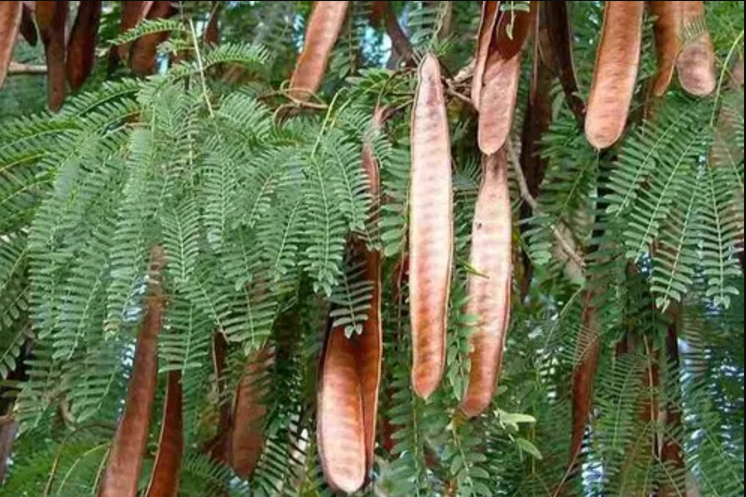Guwahati: Researchers at the Institute of Advanced Study in Science and Technology (IASST), Guwahati, have identified the therapeutic potential of Subabul seedpods in managing insulin resistance associated with type II diabetes. Their breakthrough study has led to the development of a marker-assisted bioactive fraction and the isolation of four active compounds from the traditional medicinal plant, scientifically known as Leucaena leucocephala (Lam.) de Wit.
Subabul, a fast-growing leguminous tree native to tropical and subtropical regions, has long been used by ethnic communities for its nutritional and medicinal benefits. Its leaves and immature seeds, rich in protein and fiber, are consumed as soups, salads, or cooked dishes, highlighting its traditional role in human and animal diets.
A team comprising Abhipsha Saikia, Pranamika Sarma, and Prof. Jagat C Borah explored the seedpods’ bioactivity to address insulin resistance. Their findings include:
- Bioactive Fraction Development: A bioactivity-guided approach helped isolate the most effective fraction, which demonstrated enhanced insulin sensitization in free fatty acid-induced skeletal muscle cells (C2C12).
- Quercetin-3-Glucoside Discovery: Among the isolated compounds, quercetin-3-glucoside exhibited remarkable effects, including:
- Upregulation of Sirtuin 1 (SIRT1): A mitochondrial enzyme that enhances insulin sensitivity.
- Improved GLUT2 Translocation: Facilitating glucose and fructose movement across cell membranes.
- Stable Molecular Interactions: Molecular docking studies revealed strong hydrogen bond formations with SIRT1 residues.
The study, published in the prestigious journal ACS Omega, corroborates ethnobotanical claims regarding Subabul’s use in treating diabetes and related metabolic disorders. It demonstrates the plant’s potential to enhance glucose uptake and address insulin resistance at the cellular level.
The findings present promising opportunities for developing plant-based therapeutic interventions for type II diabetes. The use of Subabul seedpods could offer a natural, cost-effective supplement to existing treatments, particularly for communities that have traditionally relied on this plant.





